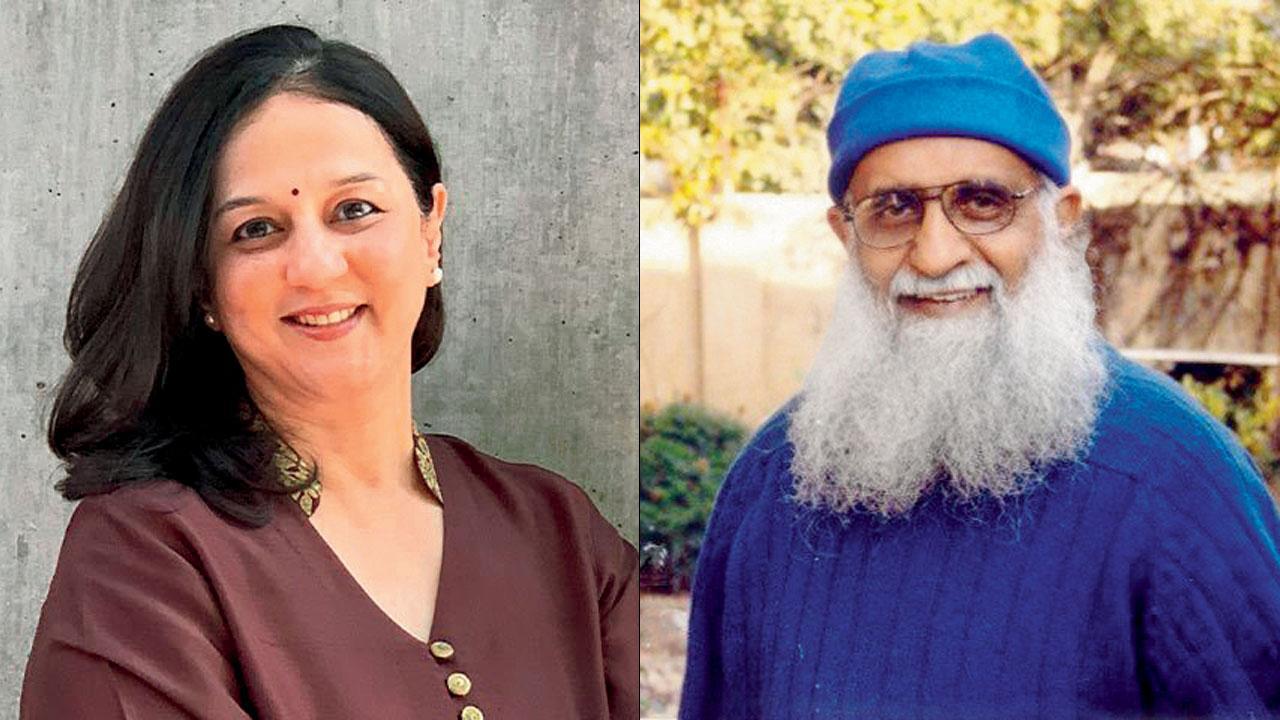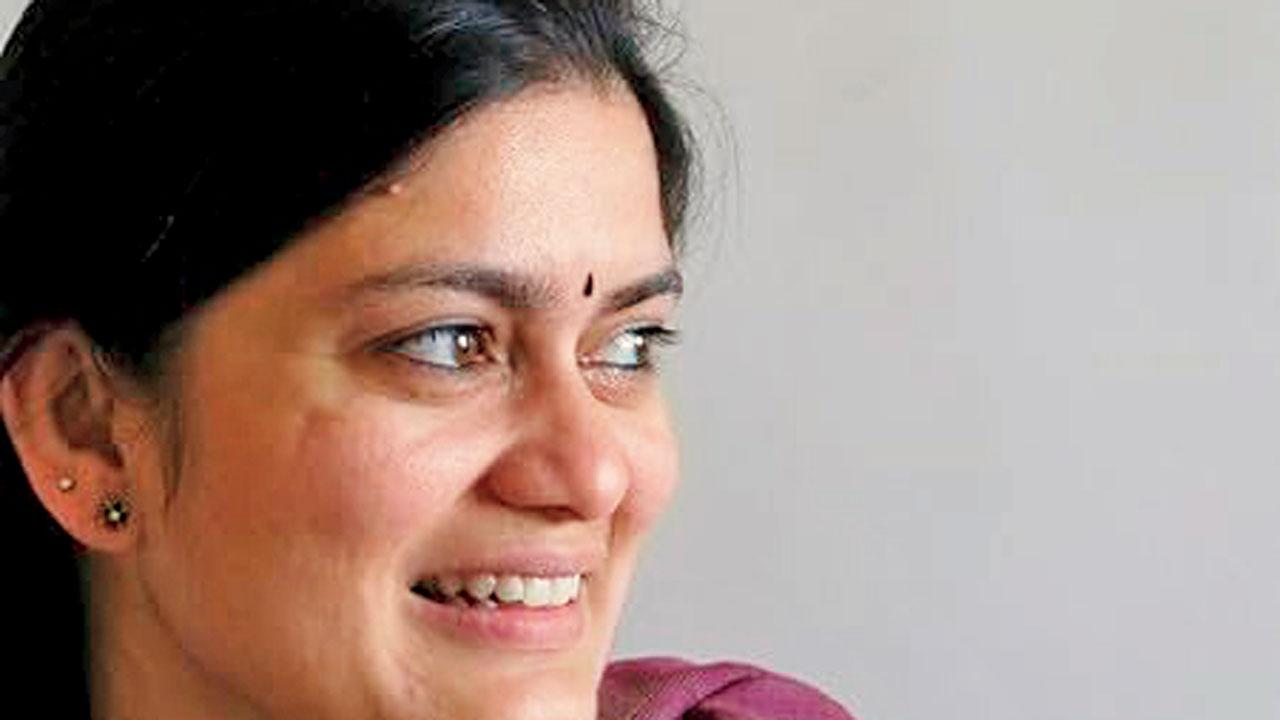A hard-hitting podcast dives into the lives and philosophies of several inspiring leaders who are doing phenomenal work to bring social change from the ground up in India

(From left) Rohini Nilekani and Dr Ravi Chopra. Pics Courtesy/A Suitable Agency, Dr Ravi Chopra’s Linkedin
At the heart of the Rohini Nilekani Philanthropies is the philosophy of “strengthening samaaj (society), sarkaar (state), bazaar (markets) to our collective purpose of a good society”. We can gauge from Nilekani’s work in the past that the first pillar bears a greater urgency than the other two. She writes in her book, Samaaj, Sarkaar, Bazaar, “We are all citizens first, rather than simply subjects of the state or consumers of the market.” It is understandable, then, why the organisation would begin a podcast that gives a platform to leaders of social movements to share their stories. They are often the ones working at the grassroots level and shaking things up to create a real difference in society.
ADVERTISEMENT
Rightly called the Grassroots Nation: Lives in Service, the podcast has had 13 episodes so far, featuring ecologist Dr Madhav Gadgil, social activist Aruna Roy, conservation biologist Dr Kamal Bawa, literacy frontrunners Dr Madhav Chavan and Rukmini Banerji, to name a few. Barring the latest one, each episode runs between 45 and 80 minutes. This duration is ideal as it allows the featured guest to go deeper into their background and contextualise their work for the listeners.

Suchitra Shenoy
The recent episode, where writer Suchitra Shenoy speaks to Dr Ravi Chopra, a research scientist and the founder of People’s Science Institute (PSI), is particularly riveting. It shows how Dr Chopra’s contribution cannot be defined by his involvement in one organisation. We learn that he has, in fact, been instrumental in founding and accelerating many projects that range from disaster management to disability rights. In the first segment, he speaks about growing up in the 1950s in Bombay, when the city looked different from what it is today. During this time, he learnt the value of discipline, which has guided him over the years. We get an insight into the political and economic turmoil that followed in the 1960s, a time when nation-building was a top priority for most citizens. Dr Chopra takes the listener through India after Pandit Jawaharlal Nehru, when Lal Bahadur Shastri stepped in as the Prime Minister, the Indo-Pakistan war of 1965, and the Bihar drought of 1966-67.
The drought, in particular, had affected him deeply. While still a student at IIT, he had begun to offer his services, along with a group of friends, to organisations which needed engineering skills to survive the crisis. Meeting his mentor professor Mehta, who ran FREA (Front for Rapid Economic Advancement of India), was a turning point for him as it allowed him to participate in several development projects like setting up latrines for better sanitation in villages, forming student volunteer bodies, circulating a newsletter, and organising a march in the US to inform Indians abroad about the prevailing conditions in their country. It pushed him to start PSI later too. It was touching to hear him mention, at each stage, those who inspired him and those who joined hands with him in his journey. Here, he echoed neonatologist Dr Armida Fernandez’s words from a previous episode that no one can achieve anything alone.
Log on to: Grassroots Nation
On: Spotify
 Subscribe today by clicking the link and stay updated with the latest news!" Click here!
Subscribe today by clicking the link and stay updated with the latest news!" Click here!







